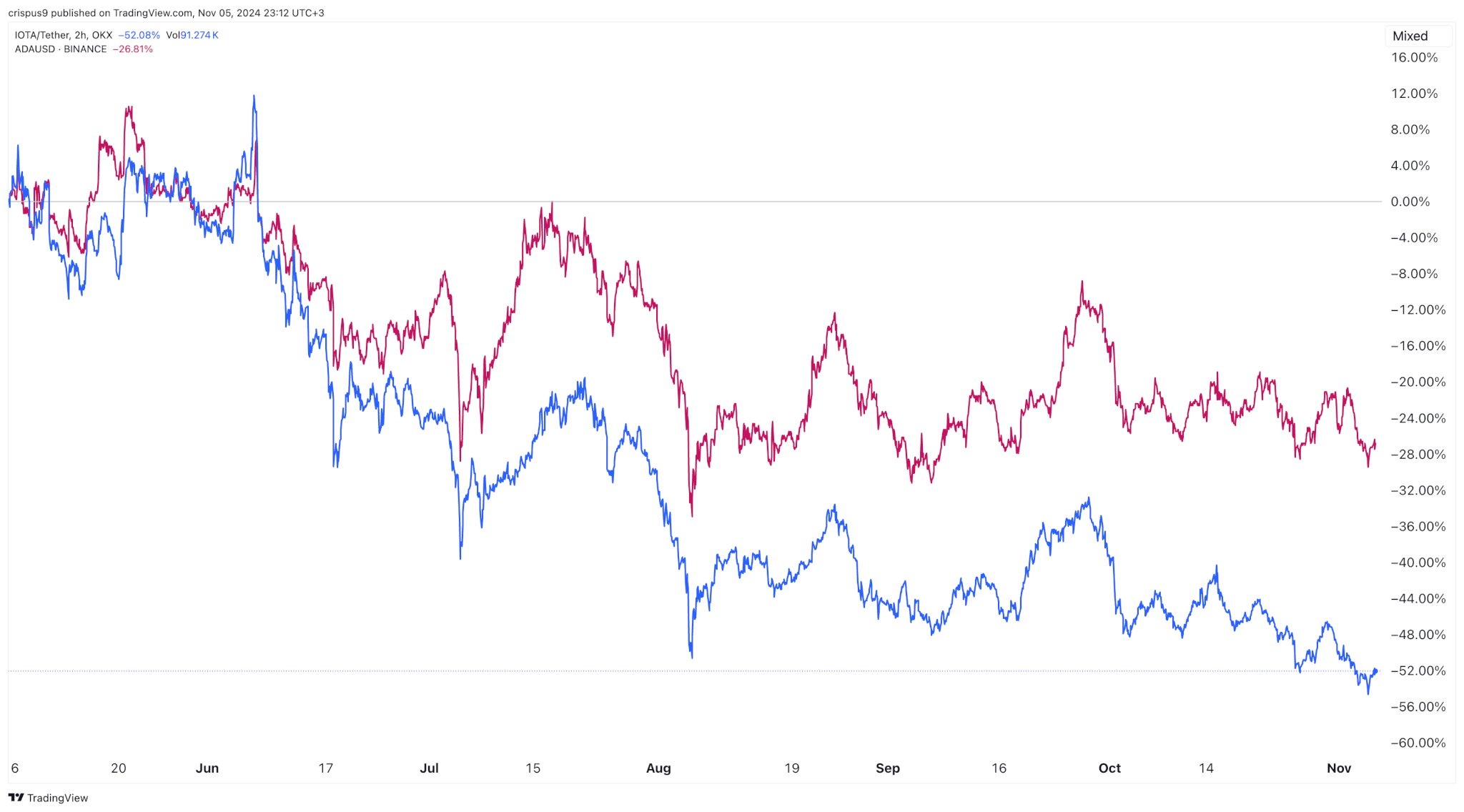Will crypto investors flee Portugal following introduction of capital gains tax?
For the last few years, Portugal has become a safe haven for crypto investors.
With many having moved there throughout the pandemic, as crypto rocketed up to high after high, the rug is now being pulled out from under them.
The Portuguese government has proposed a new cryptocurrency tax policy as part of its 2023 national budget. Contained within the 450-page document covering all things fiscal, is a 28% capital gains tax on cryptocurrency gains.
This 28% capital gains tax is the standard within Portugal, meaning it is no longer a paradise for crypto bros and brodettes. Tacked on, too, is a 4% tax on free crypto transfers as well as further stamp duties in certain instances.
Importantly, however, gains via sales of crypto held for greater than one year will still be exempt from such tax. This means the capital gains tax proposed is more of trading tax, in reality.
Portugal had previously hinted at this
This move does not come as a surprise. Minister of Finance Fernando Medina had announced in May that the move to bring cryptocurrency within the capital gains net would come sooner rather than later.
The decision comes off the back of the move to reclassify cryptocurrency as an investment rather than money, meaning it will now get caught by capital gains tax.
Lisbon and Madeira
Lisbon, the capital city of Portugal, is viewed as one of the European crypto hubs, partially due to the (previously? ) lax crypto laws. Portugal also offers an easier route than many nations to residency, further attracting crypto investors.
It will be interesting to see how this will affect things going forward. The race between jurisdictions to establish themselves as European crypto hotspots has been competitive. Maderia, the Portuguese island from where superstar footballer Cristiano Ronaldo hails, sent a signal of intent at the most recent Bitcoin conference in Miami by announcing Bitcoin as legal tender.
Lugano, a small city in Switzerland, are the only other spot in Europe where Bitcoin is de facto legal tender. In addition to Bitcoin, the stablecoin Tether is also de facto legal tender, while a Lugano-specific stablecoin is also in the works.
Final thoughts
As the bear market roars and investors are hurting everywhere, it does bear reminding that one needs to secure gains to be caught by capital gains tax.
The move to charge capital gains tax likely won’t hurt in the short term, therefore. Remember, any gains from longer than a year ago are immune. And given Bitcoin traded at $69,000 eleven months ago, it’s probably unlikely that there are many traders worried about this 28% tax imminently. Silver lining?
Nonetheless, it will be interesting to track whether crypto enthusiasts begin to set up shop elsewhere, as Lugano and other places continue to push to attract their digital money.
The post Will crypto investors flee Portugal following introduction of capital gains tax? appeared first on CoinJournal.


